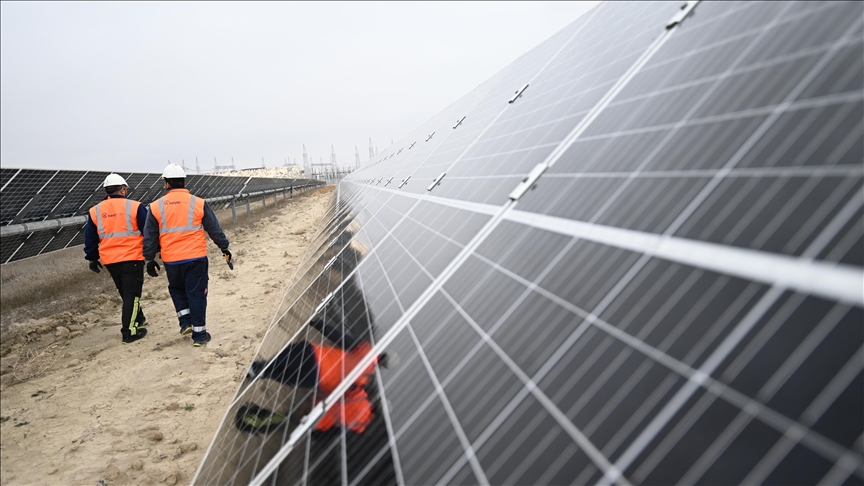ISTANBUL
Global Carbon pricing revenues reached a record-high of $104 billion last year, the World Bank said Tuesday in a report.
There are currently 75 carbon pricing instruments in operation worldwide, while more than half of the collected revenue was used to fund climate and nature-related programs, according to the State and Trends of Carbon Pricing 2024 report.
“Carbon pricing can be one of the most powerful tools to help countries reduce emissions, “World Bank Senior Managing Director Axel van Trotsenburg said in a statement. “That’s why it is good to see these instruments expand to new sectors, become more adaptable and complement other measures.”
The World Bank said it has been tracking carbon markets for around two decades.
When the first report was released, carbon taxes and emission trading systems covered 7% of the world’s emissions, but its latest 11th annual carbon pricing report covers 24% of global emissions, according to the institution.
“Report findings show large middle-income countries including Brazil, India, Chile, Colombia, and Türkiye are making strides in carbon pricing implementation,” said the statement. “While traditional sectors like power and industry continue to dominate, carbon pricing is increasingly being considered in new sectors such as aviation, shipping and waste.”
“Governments are also increasingly using carbon crediting frameworks to attract more finance through voluntary carbon markets and facilitate participation in international compliance markets,” it added.
Despite record revenues and growth, however, less than 1% of global greenhouse emissions are currently covered by a direct carbon price at or above the range to limit temperature rise to well below 2 degrees Celcius.
The World Bank said closing the implementation gap between countries’ climate commitments and policies will require much greater political commitment.
Carbon pricing reduces emissions by tackling global warming and helps to alleviate health and environmental problems. In addition, carbon pricing supports solutions for clean energy by driving innovation and investments in low-carbon research and development.

